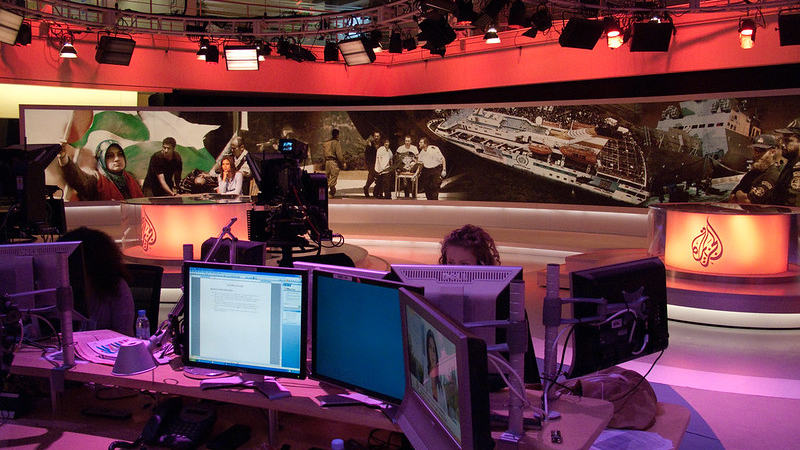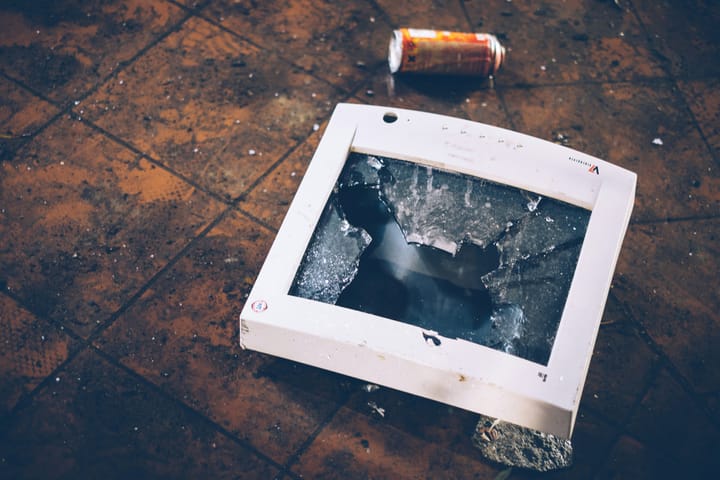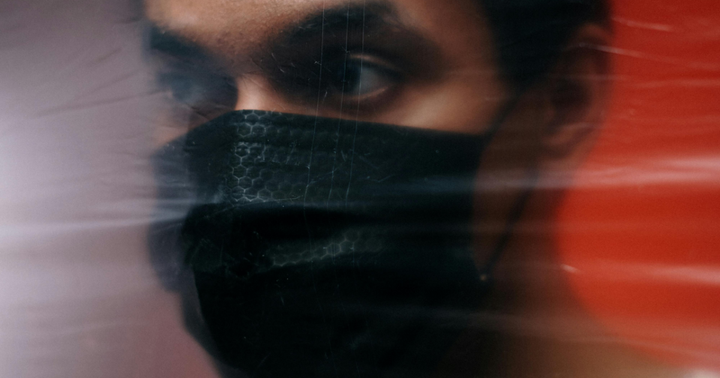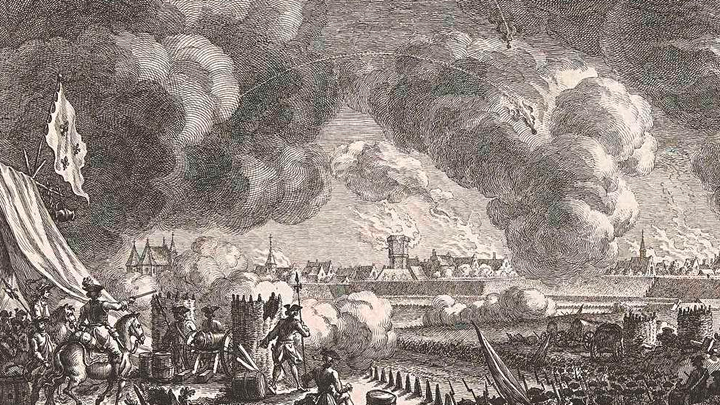Israel's Attack on Al Jazeera is Indefensible
The news industry is losing every last shred of credibility by refusing to condemn Israel's targeting of Al Jazeera

This week the Israeli Knesset made good on a threat raised early in the beginning of their latest assault on Gaza to ban the news agency Al Jazeera from operating in the country. The law, which passed by a 71-10 majority, gives the communications minister, with the approval of the security cabinet and the prime minister, the authority to stop a "foreign channel broadcasting in Israel" from operating, as well as closing their offices and taking down the server on which the foreign channel is stored.
While the law did not ban Al Jazeera in its passing, Netanyahu said he intends to use the law "to act immediately" in shutting down the outlet. He claims, without any evidence, that the news service has "harmed Israel's security, actively participated in the October 7 massacre, and incited against IDF soldiers."
Al Jazeera, in their response, condemned Netanyahu's statements, calling them "nothing but a dangerous ludicrous lie."
"This latest measure comes as part of a series of systematic Israeli attacks to silence Al Jazeera, including the assassination of its correspondent Shireen Abu Akleh, the killing of its journalists Samer AbuDaqqa and Hamza AlDahdouh, the bombing of its office in Gaza, the deliberate targeting of a number of Al Jazeera journalists and their family members, and the arrest of intimidation of its correspondents in the field."
While Al Jazeera specifically addresses Netanyahu's statements directed towards the agency, it should be made clear that this is not something that is solely due to his direction. The vast majority of the Knesset was in favour of the bill. Israel is not the shining beacon of democracy in the Middle East that its supporters claim. The banning of one of the few international agencies with reporters in Palestine shows how desperate Israel is to regain control of their narrative.
It's important to note that Israel's attacks on journalism did not start with this move against Al Jazeera. In November of last year, the security cabinet shut down Al Mayadeen, a news outlet based in Lebanon, seizing their equipment. Israel's attacks on journalism haven't been purely on agencies, either. As The Catch previously covered, Israel has been killing journalists on an unprecedented scale since the beginning of this latest genocide.
This is not even the first time that Israel has threatened to close Al Jazeera offices. In 2017, Netanyahu's then-communication minister Ayoub Kara announced plans to shutter the outlet's Jerusalem office, citing "incitement" as the main reason. This plan was then quietly scrapped later in the month after a hearing. But this was in a pre-Oct. 7 climate, before Israel unleashed a reinvigorated wave of genocidal fury against Palestinians. In that time, Al Jazeera has proven itself to be indispensible in reporting on what Israel has done in the Gaza Strip. Additionally, while has their coverage been instrumental in understanding the realities of the Israeli assault, they've also platformed views not seen in Western coverage of the conflict.
In the immediate aftermath of Oct. 7, their reporting was one of the few sources of reliable and continuous coverage straight from Gaza. Journalist Youmna El Sayed was reporting live as Israeli jets struck a civilian building with a "warning shot." El Sayed was later threatened by Israeli forces in the aftermath of targeted strikes killing members of Al Jazeera Gaza Bureau Chief Wael AlDahdouh's family.
Al Jazeera even provided continuing coverage while Israel cut phone, internet and electrical services to the Gaza strip. This provided an important reporting lifeline when video taken directly by Palestinians couldn't be uploaded to social media for the world to see.
Of course, this is only mentioning their English-language coverage. While most readers will be familiar with this reporting, their Arabic reporting has been just as, if not more, important to covering what is going on in Palestine.
Al Jazeera's coverage of Zionist brutality has been so damaging to the image of Israel as a benevolent bastion of freedom and compassion that US Secretary of State Antony Blinken asked the Qatari government to tone down Al Jazeera's coverage last October. Yes, their funding structure is, in part, financed by the Qatari government. But of course, similar outlets like BBC News, NPR, CBC News and ABC (Australia) are not given remotely the same level of scrutiny.
Yet, as the large silence from Western news outlets shows, the Israeli attacks on press freedom and accurate coverage don't rank high on the list of concerns.
Pushback on Israel's flagrant attacks on journalism has been minimal. The US paid lip service, as it often does, by calling the move "concerning." The Committee to Protect Journalists released a statement urging Netanyahu not to shut down the outlet. The International Federation of Journalists released a piece covering the move, but have not released a statement of their own. At time of writing, the Canadian Association of Journalists has not mentioned it.
In the wake of Israel's three separate strikes against World Central Kitchen workers, it's unlikely the banning of Al Jazeera will raise condemnations by Western news media outlets. Actually, it's barely even been mentioned. At time of writing, CTV News and City News have relayed an Associated Press wire story about the ban. Meanwhile, the Globe and Mail, CBC News, Global News, CP24, the National Post and the Toronto Star have not covered it at all.
It's entirely possible that, in the coming days, opinion pieces and editorial articles will be published drawing attention to this brazen attack on journalism by Israel. But considering the general silence our industry has taken regarding the assault on our colleagues, it's a safe assumption this won't be happening.
Regardless, what remains clear is that journalism, as an industry, is facing its largest credibility crisis since the lead-up to the US invasion of Iraq. Irreversible damage is done when silence is the only response to the unprecedented killing of journalists and the crushing of critical news agencies. Moments like these reveal that our industry refuses to actually hold power to account. In reality, their purpose is to continue the geopolitical status quo.
Credibility takes a back seat to complicity.




Comments ()